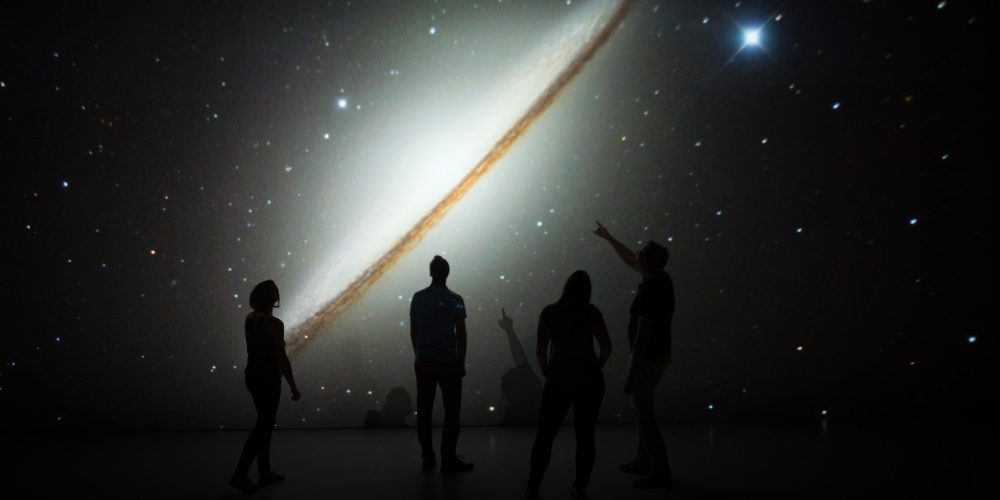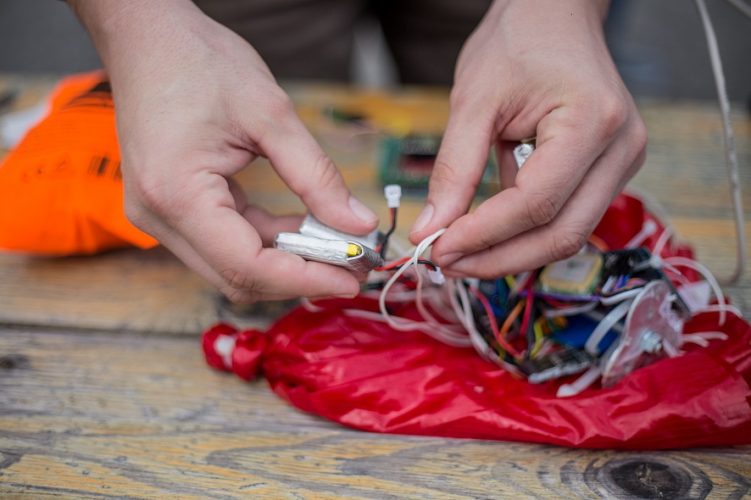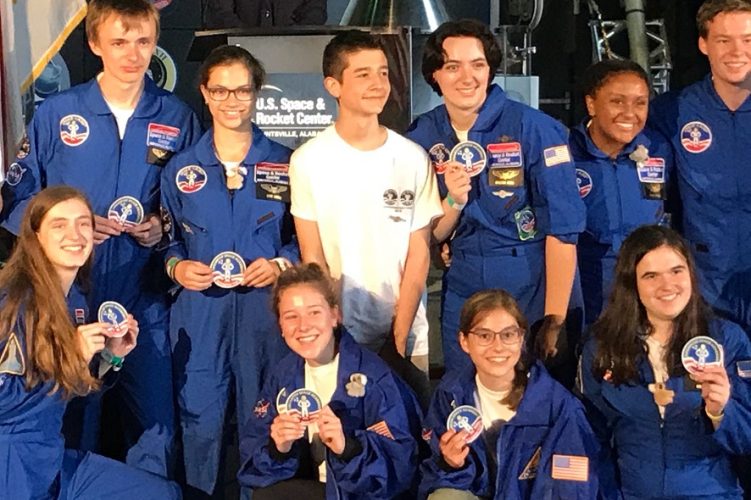
Science
-
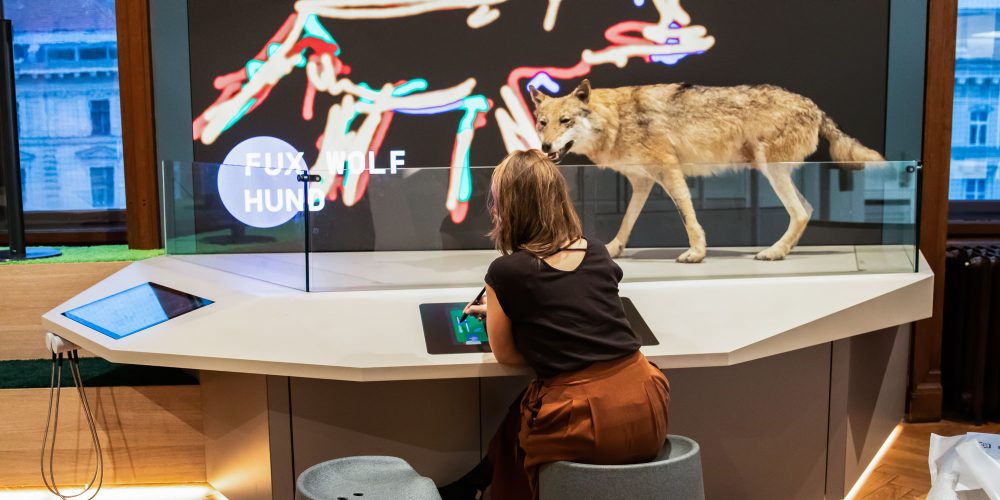
Deck 50: New Science Communication Platform at the Vienna Natural History Museum
By the means of Citizen Science, a new laboratory and workshop area, interactive research stations and immersive worlds in Deck 50 awaken the researcher’s instinct in visitors and invite to engage.
-
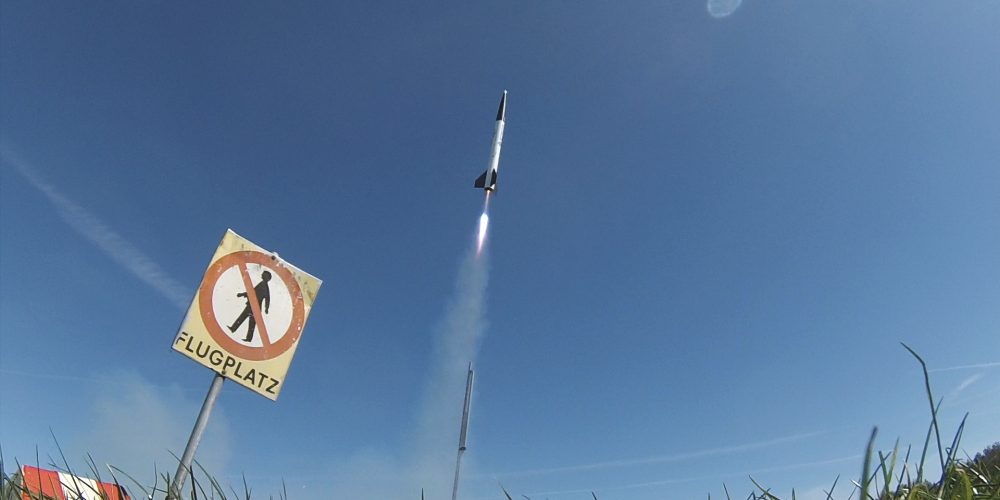
10 Years of CanSat Competition!
2020 marked the 10th anniversary of the CanSat competition. With a Corona-related delay, this year’s celebration is underway – and the next competition is already ready to start.
-

The World is not Enough
We humans have left traces on this blue planet – in the water, on the earth, in the air, but also in outer space.
-
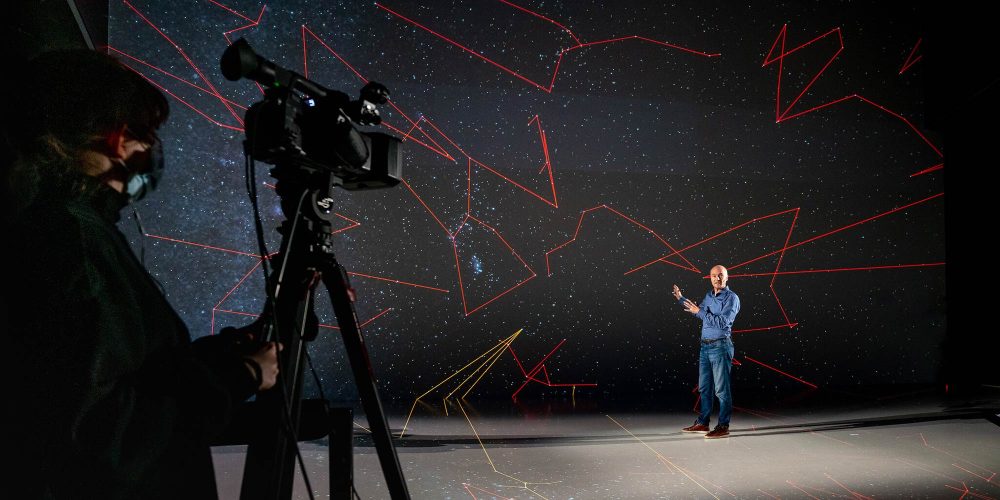
Which stars show up in our summer sky?
Star photographer Dietmar Hager takes us on a journey through the summer starry sky – as seen from Austria. (German language)
-
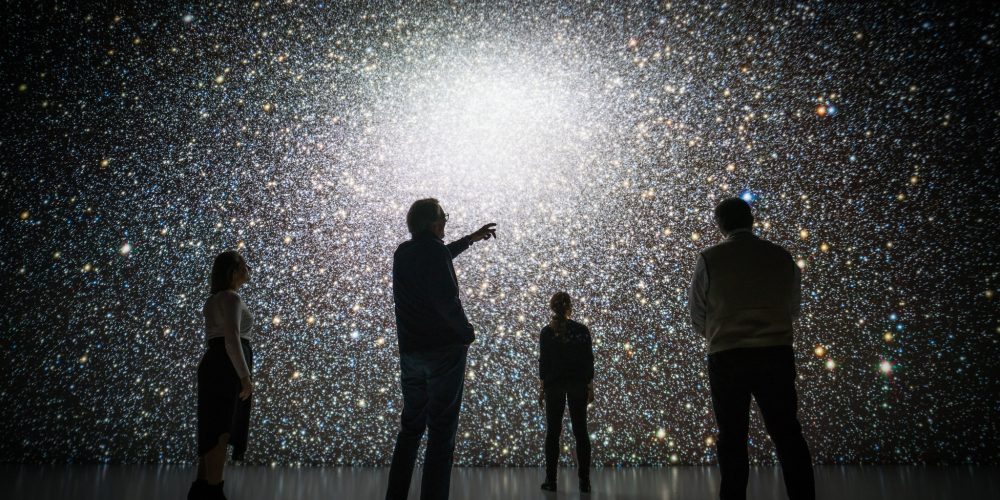
Galaxies and black holes
What is the origin of life? What is the origin of the universe? Where do we come from and where are we going? Questions that have preoccupied mankind for millennia, and it doesn’t look like they will be solved soon. For a wonderfully playful perspective, artists are now joining in.
-
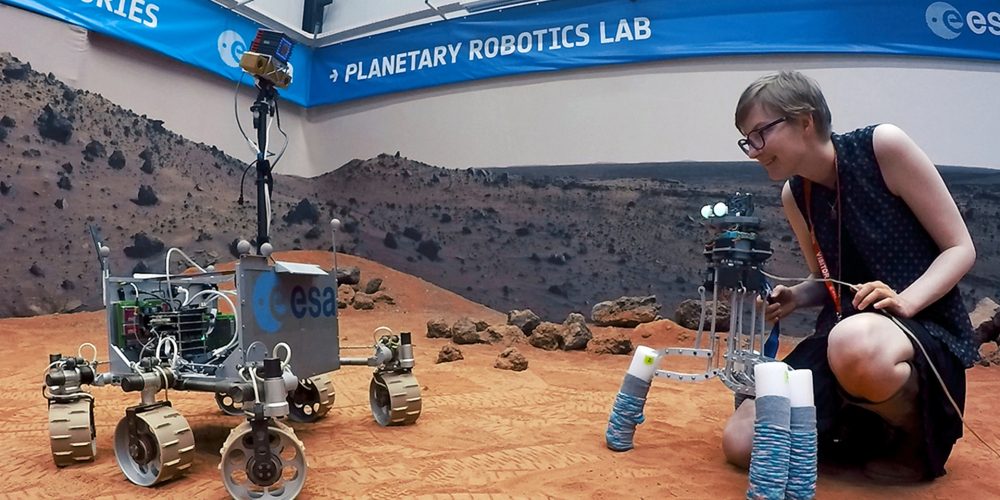
Step into Space
Wanted: Our place in the universe. Found: A team that combines humans and AI to answer fundamental questions. Sarah Petkus and Mark J. Koch aim to educate artificial intelligence to become an individual.
-
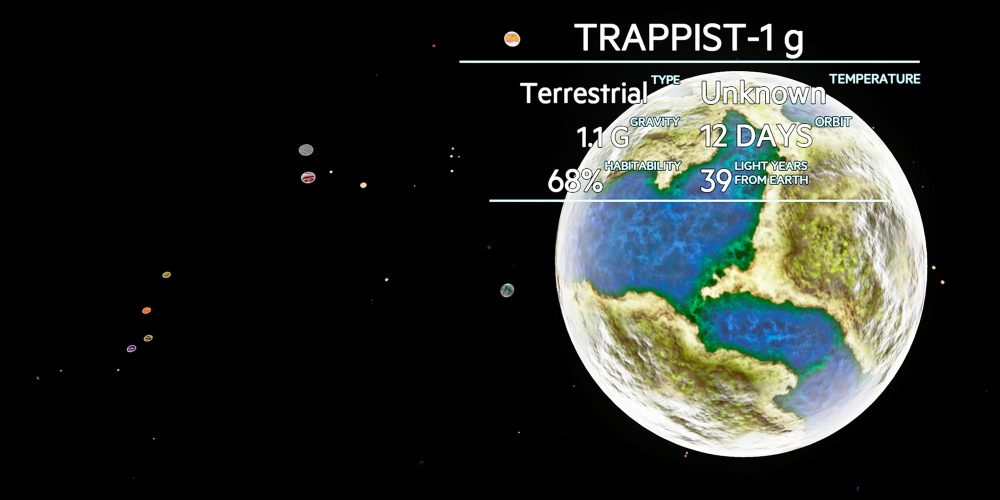
In search of the evolution of intelligence in the universe
The search for extraterrestrial intelligence may make some people think of a funny guy in a bicycle basket, for others it has serious scientific relevance and is closely interwoven with research on artificial intelligence. Thinking off the beaten track helps in this multidisciplinary work.
-
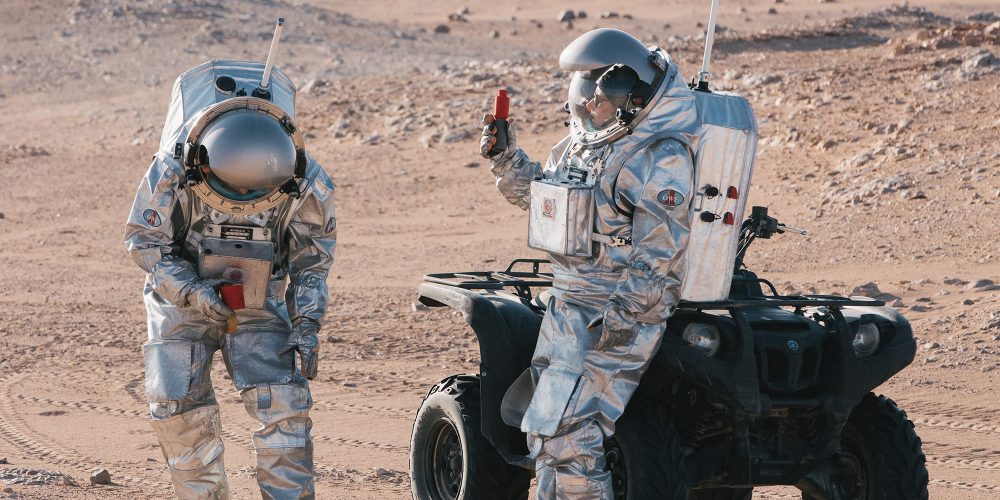
Get the camera ready, we’re going to Mars!
Cliff diving on comets, opulent refractions of light in the ice crystals of Saturn’s rings or the gigantic mountain worlds of Mars: Gernot Grömer, Director of the Austrian Space Forum, is probably the most unusual travel guide in the country. The destination of his journey is the solar system, first stopover the Red Planet. All…
-
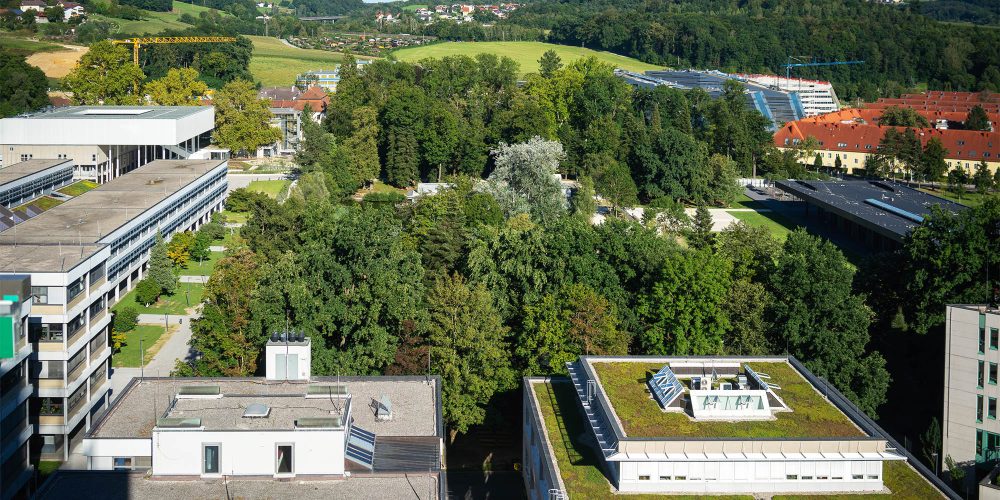
Meinhard Lukas: From the Postcity into Kepler’s Gardens
It was the site of the old post distribution center at the main train station, where the magicians of Ars Electronica transformed an analog yesterday into a digital tomorrow. In no other place and in no other time has Linz ever been more urban and international than in the Postcity.
-
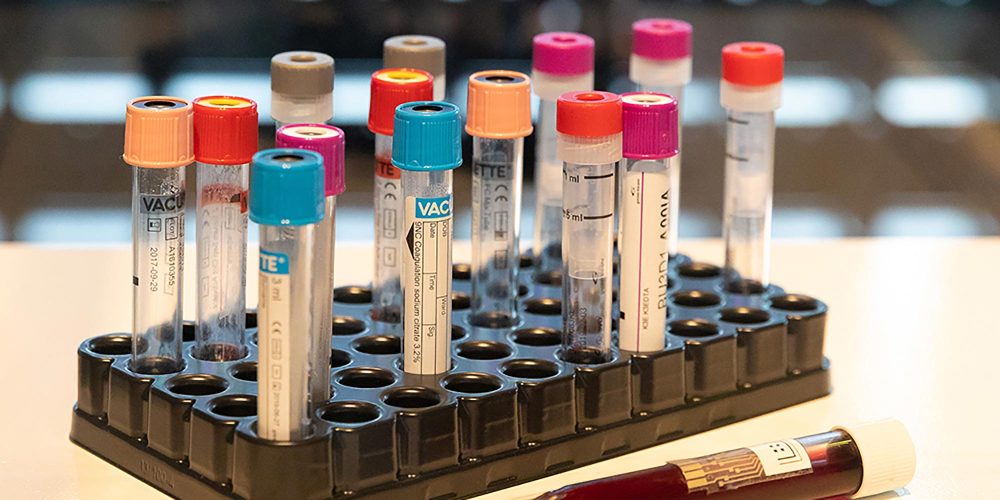
„Look beyond the boundaries of our own organization“
What do a plastics manufacturer and a festival for art, technology and society have in common? A lot, as the long-standing successful cooperation between Greiner AG and Ars Electronica proves.
-
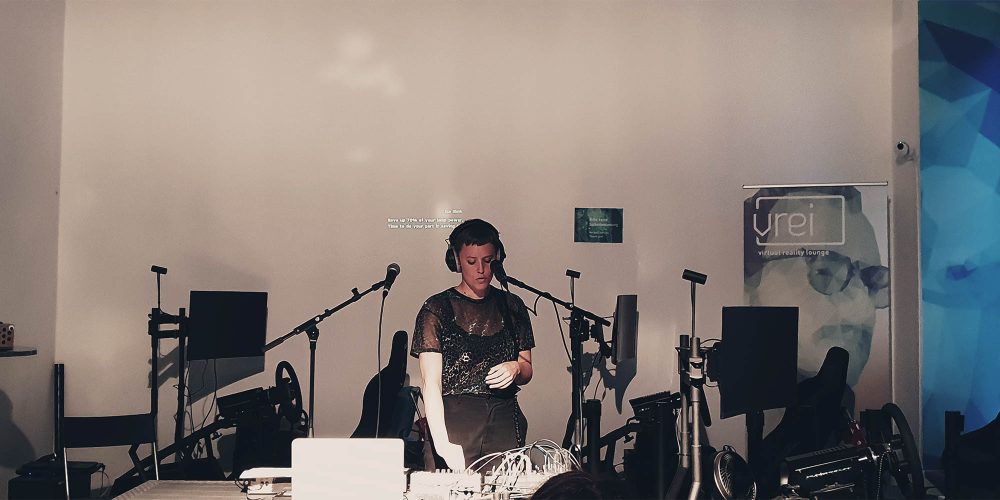
Tattoo Sensors and Code Poems – Future of Sanity?
The Ö1 project “Repairing the Future” raises questions such as: Can we rethink and redesign the future with our innovative ideas? And can we use these ideas to bring new concepts to life that do not exist yet? Definitely!
-
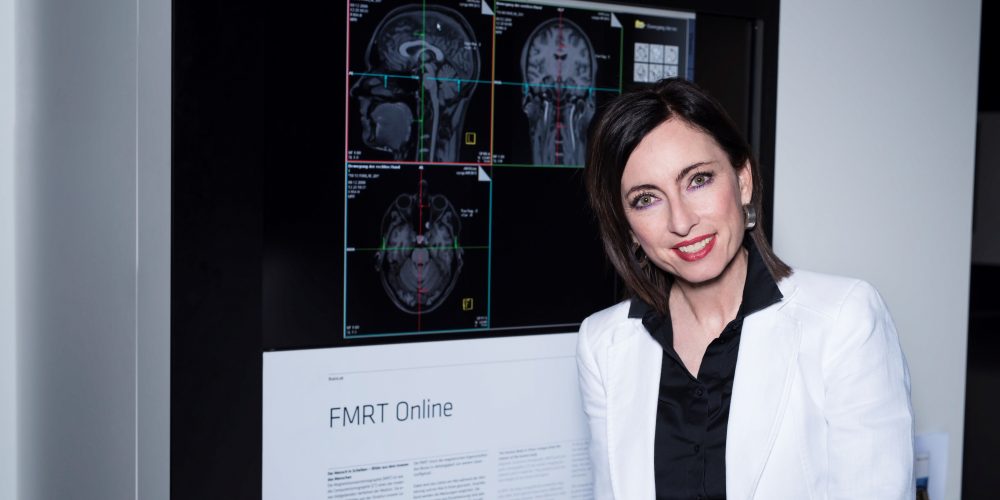
Manuela Macedonia: Ten Years “Brain For All” In Special Times
What does sport have to do with the brain and what percentage of our brain do we really use? These and similar questions have been addressed by Dr. Manuela Macedonia for 10 years now in her lecture series “Brain for All” at the Ars Electronica Center. Today she’s celebrating her premiere at Ars Electronica Home…
-
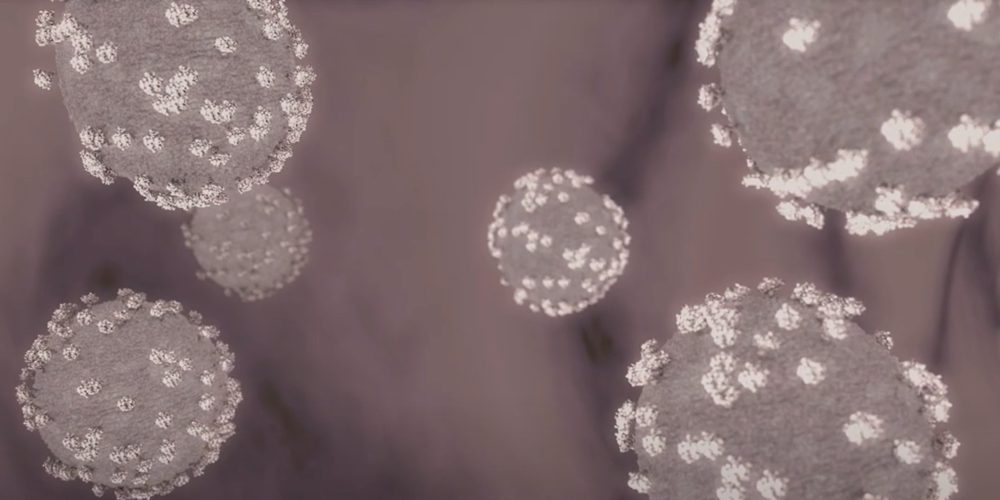
How AI, Big Data and Machine Learning can also be used against the Corona virus
There are countless examples where AI is currently being used in the fight against the Corona virus and many companies, scientists and artists are working on similar plans. We exemplary present you some of these projects.
-

How AI, Big Data and Machine Learning can be used against the Corona virus
We looked at several examples of how Artificial Intelligence, Big Data or Machine Learning are used in the containment of the coronavirus, and the problems, opportunities and challenges they present.
-
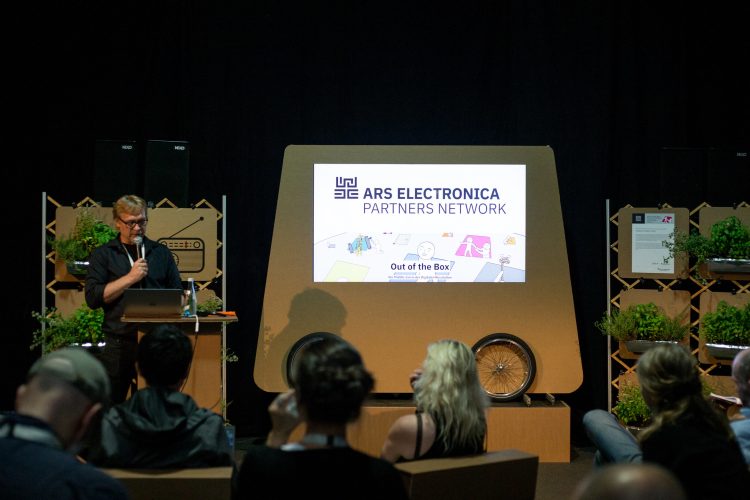
From Theory to Practice: Ars Electronica Research Institutes
Here, academic basic research meets Ars Electronica Futurelab’s artistic/scientific application scenarios: Starting in autumn 2019, the new Ars Electronica Research Institutes will be building a bridge between theory and practice. In this interview, we learned exactly what that looks like.
-

Quantum Logos – An artistic Approach to Quantum Physics
You understand nothing when it comes to quantum physics? Don’t worry, you’re not alone! The Quantum Travelers are using artistic means to get to the bottom of this difficult matter with their Deep Space project “Quantum Logos” at the Ars Electronica Festival.
-

Ingrid Kurz, moon-landing interpreter: “It was unbelievably thrilling and exciting!”
July 21, 2019, will be the 50th anniversary of the moon landing. As part of a special theme weekend, Ars Electronica is commemorating this great moment in science from different viewpoints. As an interpreter, Ingrid Kurz was close to the action when the first man walked on the moon.
-
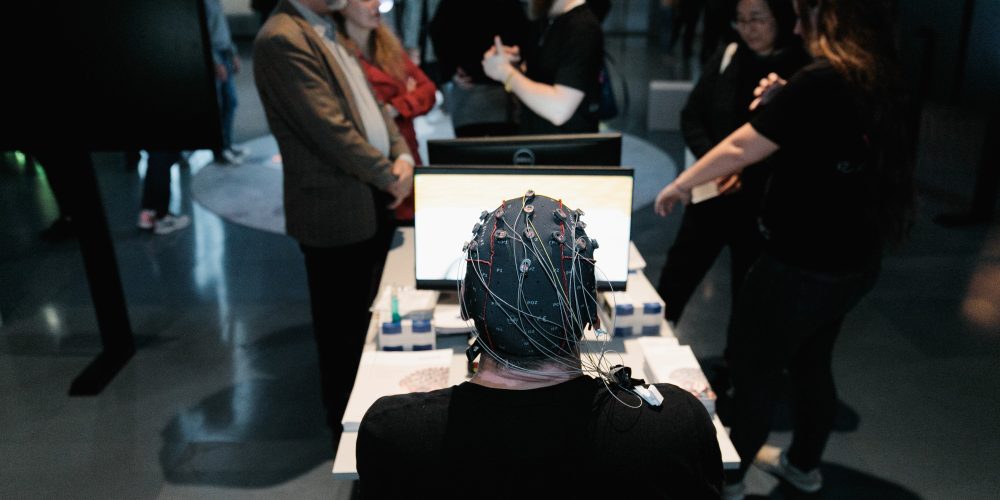
The power of thought: Interview with Christoph Guger
With an EEG hood on your head, a BCI, you can control a drone, drive an excavator or operate a fire engine. Or the system can be used for the rehabilitation of stroke patients and for working with coma patients, as Christoph Guger, founder and managing director of g.tec, explains.
-
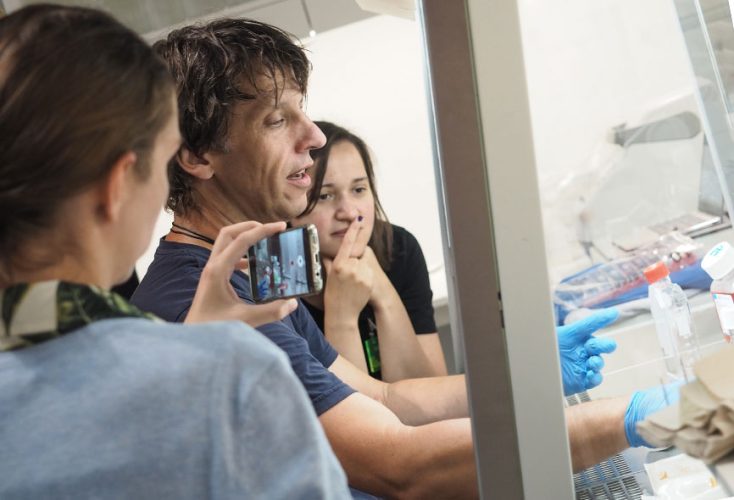
“Humans can determine their own evolution”
With innovative tools such as CRISPR/Cas9, humans can dive deeper into the development of life ever before and change it according to their own ideas. Manuel Selg from FH OÖ Campus Wels will talk about what this is all about and what has happened since the first BioLab was set up at the Ars Electronica…
-
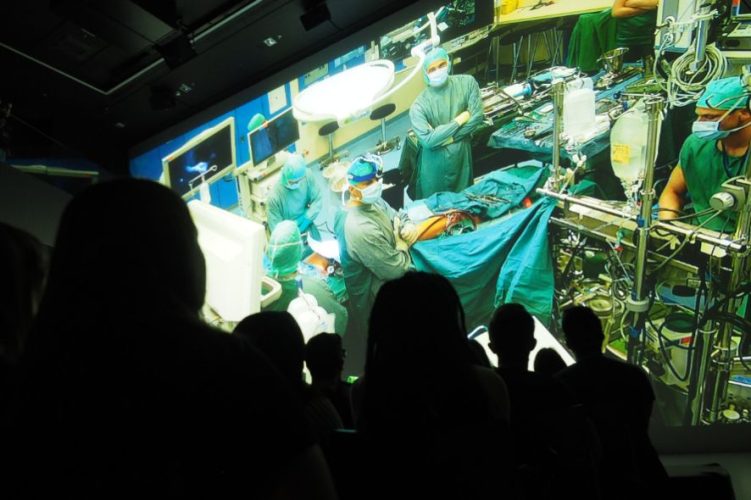
Live Heart Surgery at Deep Space 8K
Mehr als 100 Besucherinnen und Besucher waren am 4. April im Deep Space des Ars Electronica Center mit dabei und konnten eine Herz-OP im Kepler Universitätsklinikum live mitverfolgen.
-

Diving into Deep Space with Noise Aquarium
Current scientific studies have shown with shocking examples that noise sources such as sonar and fracking are extremely harmful to large marine life. Noise also affects microscopic organisms such as plankton, as Victoria Vesna and her collaborators show in their interactive installation in Deep Space 8K at the Ars Electronica Festival 2018, where Victoria Vesna…
-
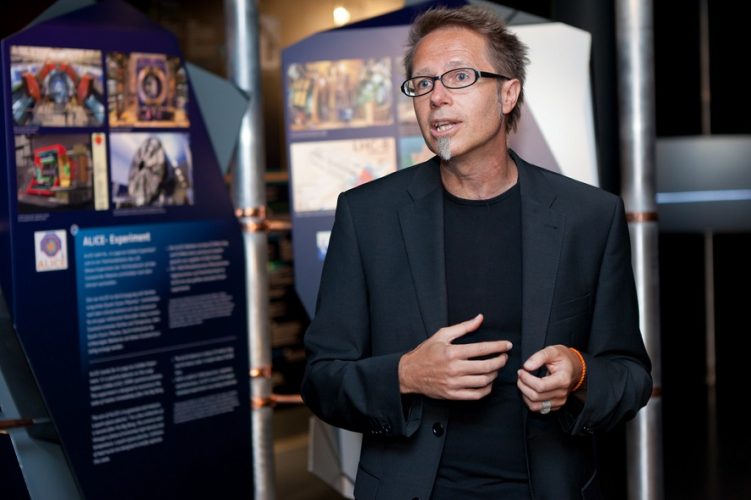
Academy of Error: Antimatter Physicist Michael Doser
The Academy of Error at the 2018 Ars Electronica Festival is bringing international experts in science and research to Linz to reflect on how to come to terms with error. Michael Doser, an antimatter physicist at CERN who will moderate this event on September 9th, gave us a few advance insights into mistakes, research and…
-
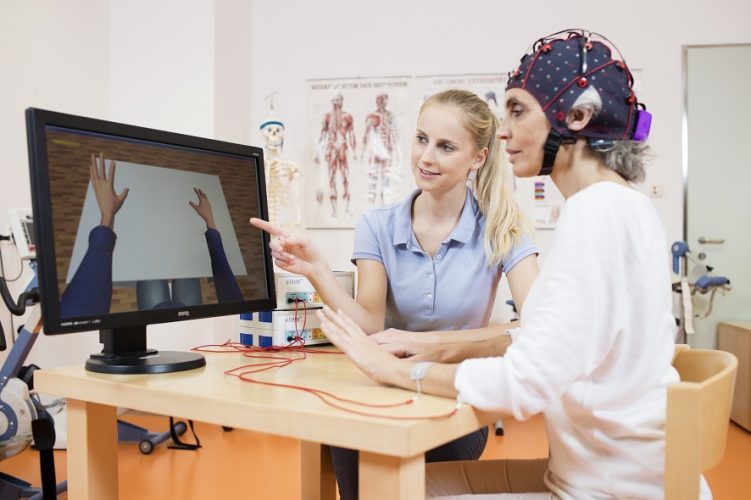
Innovative Help after a Stroke: Bugfix the Brain
Therapy that makes progress even years after a stroke, improved motor functions, and high-tech aids for everyday life—an Upper Austrian firm named g.tec makes it happen. To find out why g.tec’s technologies produce such impressive results and how to try them out at the Ars Electronica Festival September 6-10, 2018, read this interview!
-

Space Travel and Me: International Space Camp 2018
NASA and the US Space & Rocket Center in Huntsville, Alabama annually hold an International Space Camp, and once again this year, ESERO Austria made it possible for a teacher and two students to take part. Here, teacher Julia Schleritzko tells about her experiences.

